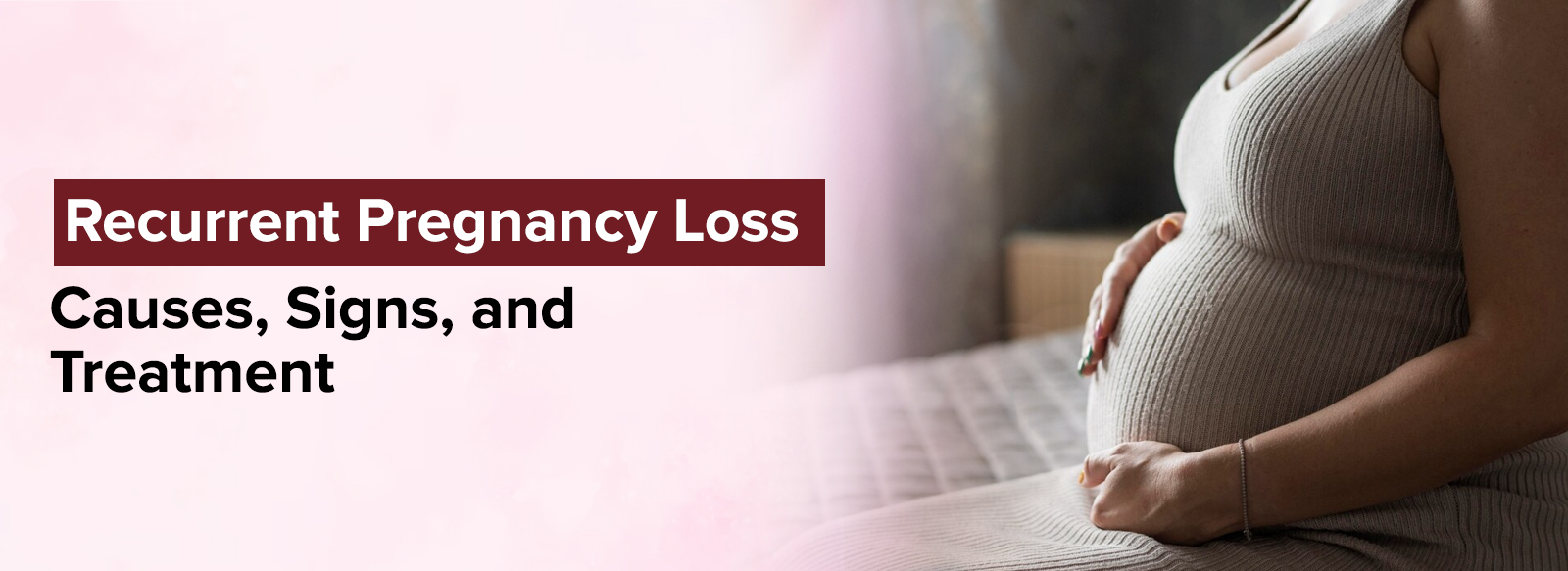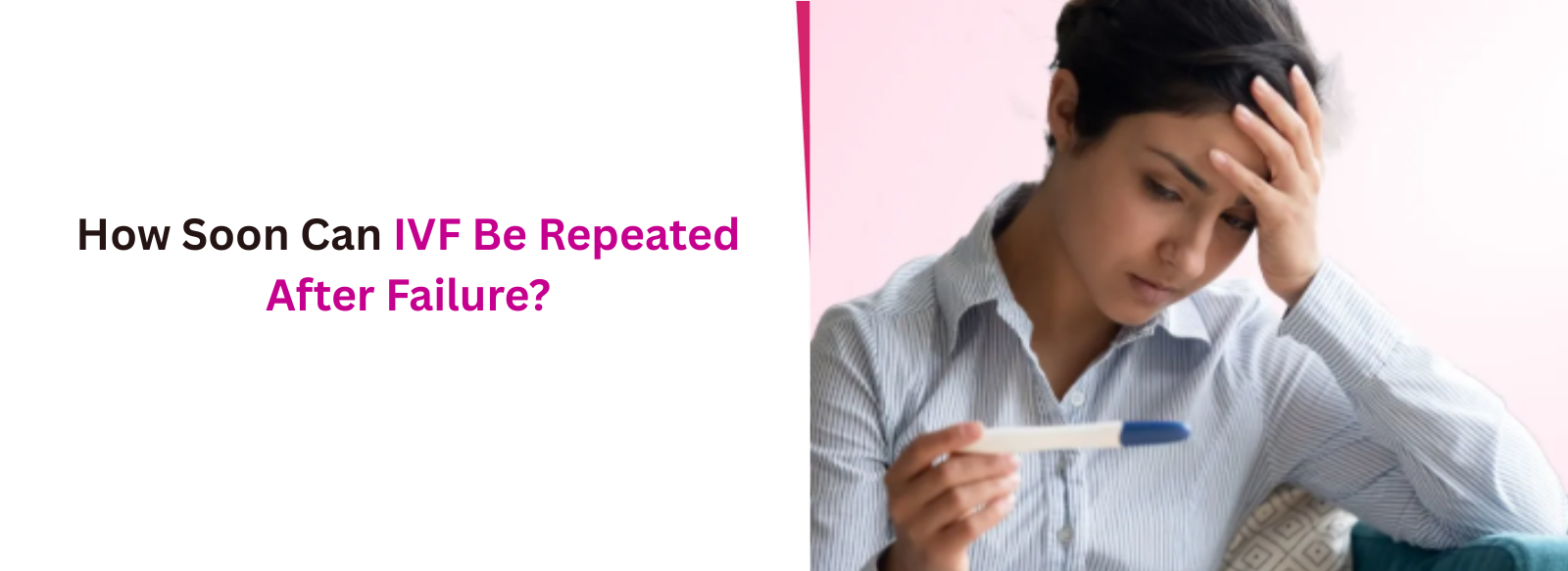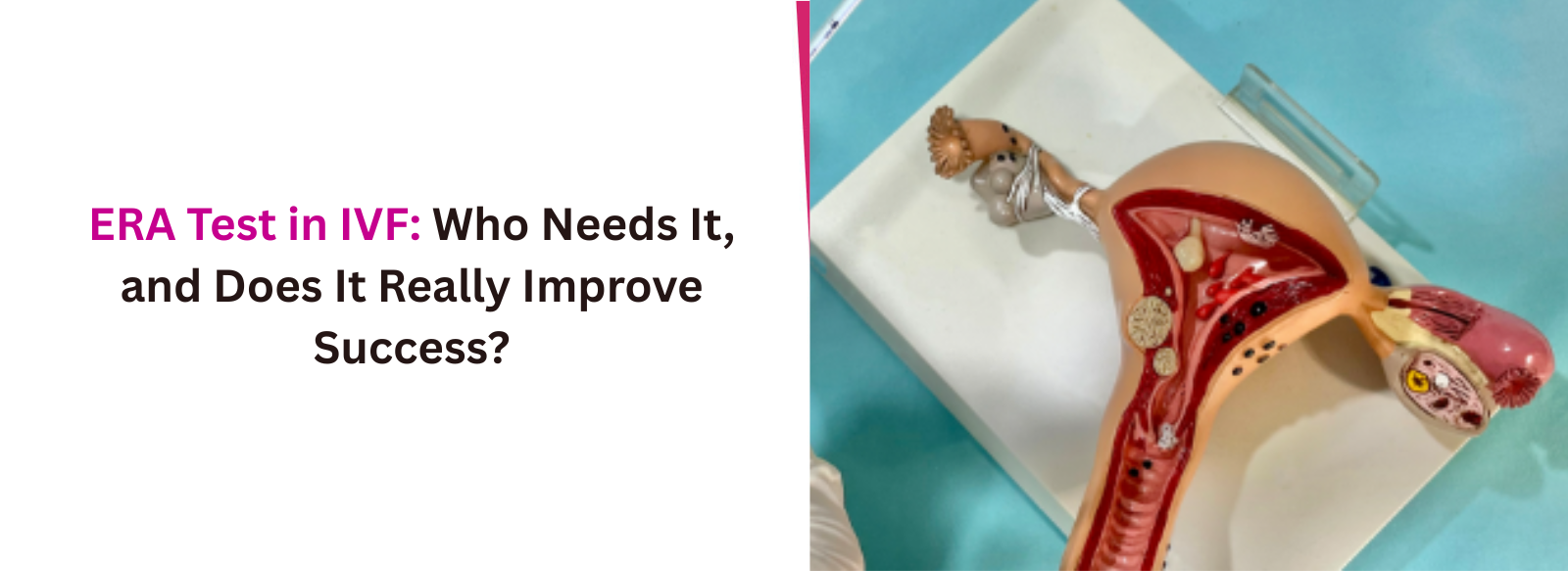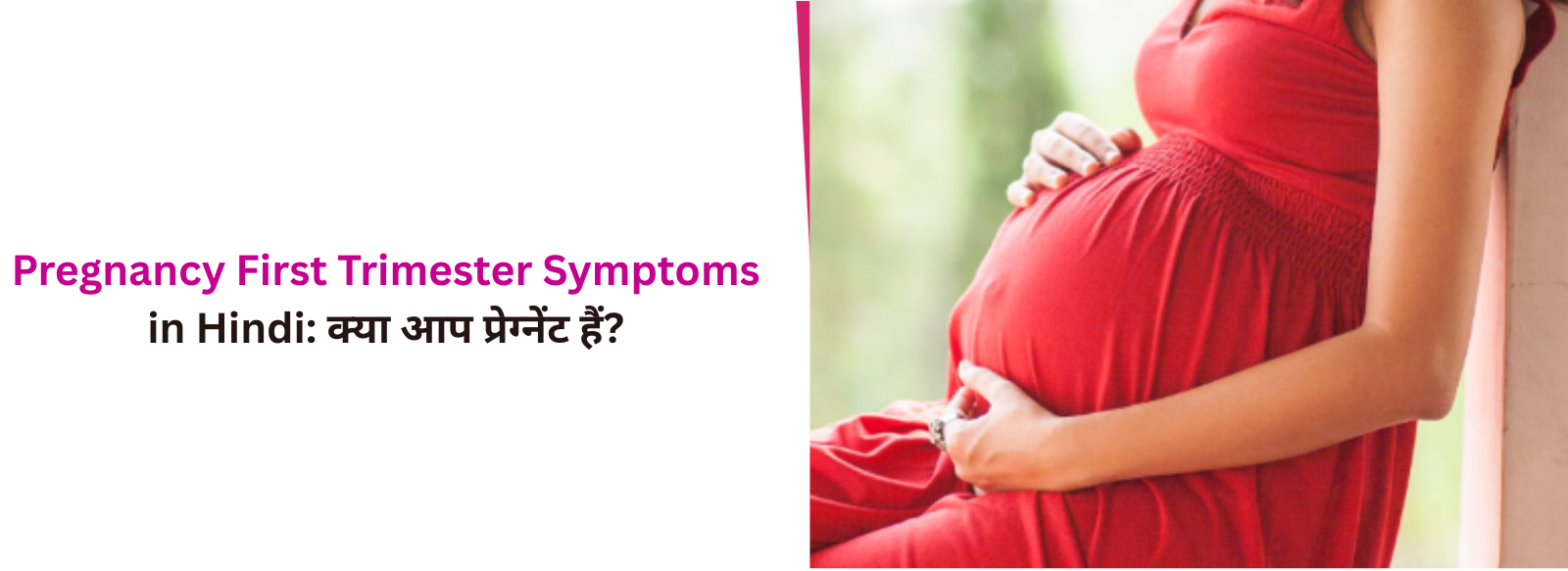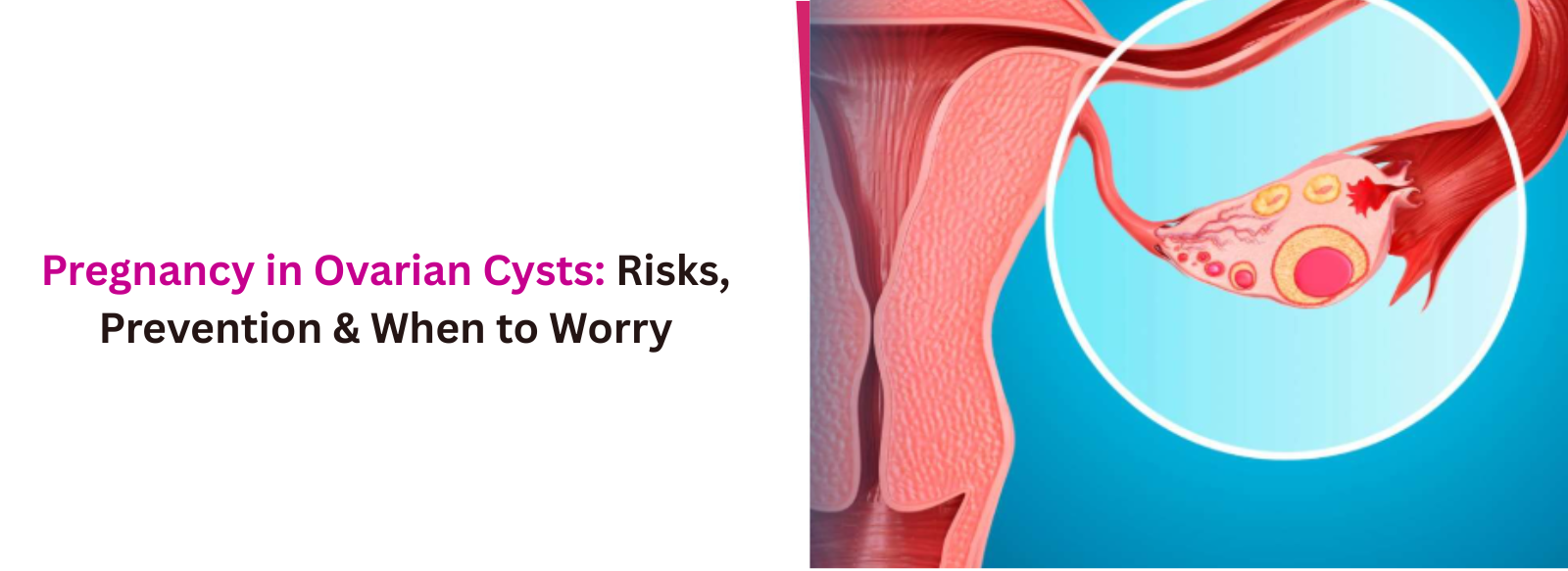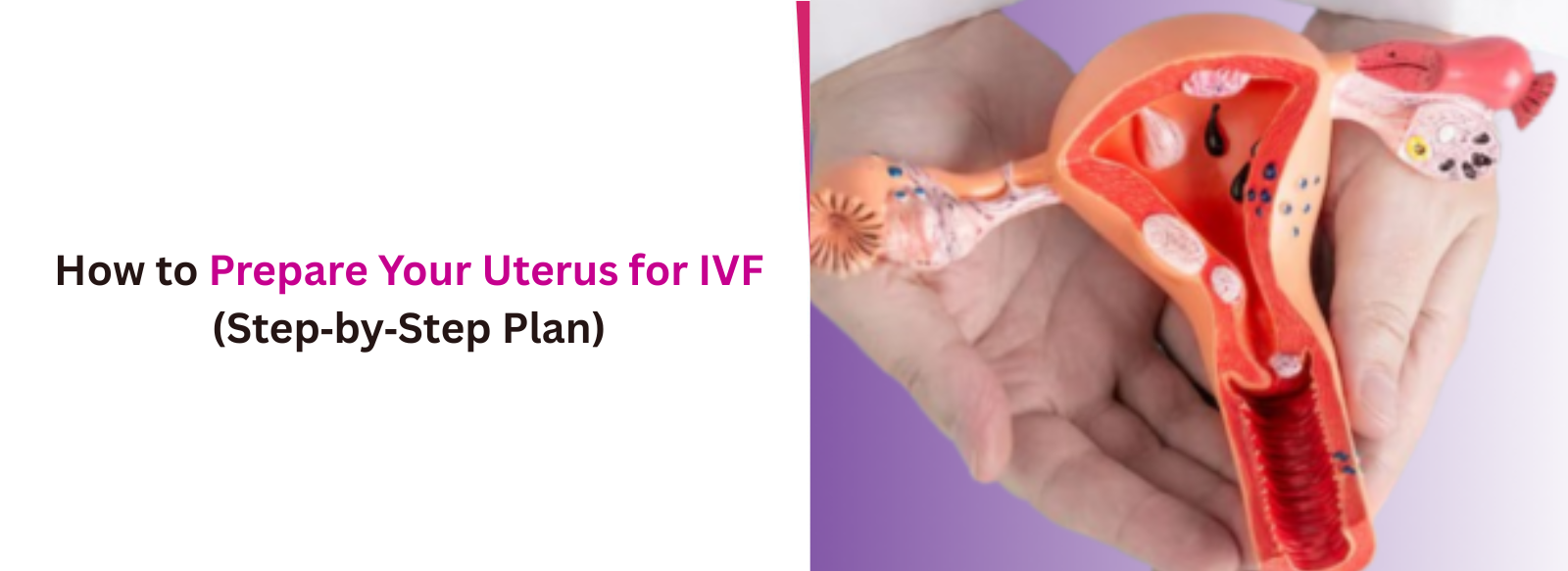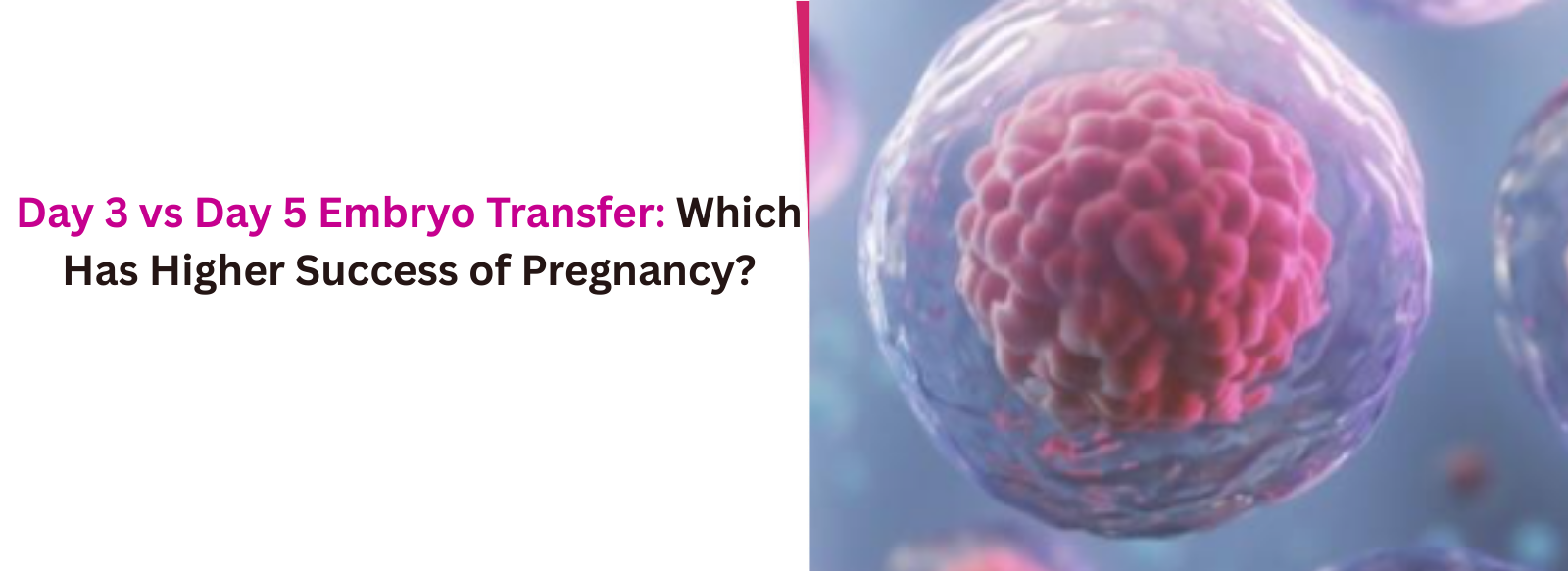Recurrent pregnancy loss (RPL) is a deeply distressing experience for many women. RPL, defined as the occurrence of three or more consecutive miscarriages before 20 weeks of gestation, affects approximately 1% of couples trying to conceive. It is crucial for people affected by this challenging condition to understand the causes, diagnosis, and available treatment options for recurrent pregnancy loss.
Causes of Recurrent Pregnancy Loss
Recurrent pregnancy loss itself is a symptom characterized by the repeated occurrence of miscarriages. Here are causes of recurrent pregnancy loss –Genetic Factors
One of the most common causes of recurrent pregnancy loss is genetic abnormalities. Chromosomal anomalies in the embryo account for about 50-60% of early miscarriages. Parents may carry balanced translocations, which do not affect their health but can lead to chromosomal imbalances in their offspring.Anatomical Issues
Structural abnormalities in the uterus, such as septum, fibroids, or adhesions, can interfere with the implantation and growth of the embryo. Congenital uterine anomalies, present from birth, can also contribute to recurrent pregnancy loss.Hormonal Imbalances
Hormonal imbalances, such as luteal phase defects, polycystic ovary syndrome (PCOS), and thyroid disorders, can lead to difficulties in maintaining a pregnancy. For instance, low levels of progesterone, essential for maintaining the uterine lining, can result in pregnancy loss.Immunological Causes
Autoimmune disorders, such as antiphospholipid syndrome (APS), can increase the risk of recurrent pregnancy loss. In APS, the immune system mistakenly attacks normal proteins in the blood, leading to blood clots that can impede placental function.Infections
Certain infections, including bacterial vaginosis and sexually transmitted infections, can increase the risk of miscarriage. These infections can cause inflammation or damage to the placenta, hindering fetal development.Symptoms of Recurrent Pregnancy Loss
While the primary symptom is the loss of the pregnancy, there are specific signs and experiences associated with each miscarriage that women may notice:Early Pregnancy Symptoms
- Positive Pregnancy Test: Initially, a positive home pregnancy test indicates pregnancy, but subsequent loss can follow.
- Pregnancy Symptoms: Early signs such as nausea, breast tenderness, and fatigue may be present before a miscarriage occurs.
Miscarriage Symptoms
- Vaginal Bleeding: This is often the first sign of a miscarriage. It can range from light spotting to heavy bleeding with clots.
- Cramping and Pain: Abdominal cramps or pain in the lower back or pelvis can accompany vaginal bleeding.
- Loss of Pregnancy Symptoms: A sudden decrease in pregnancy symptoms such as nausea or breast tenderness may indicate a miscarriage.
- Tissue Passage: In some cases, the passage of tissue or clots from the vagina occurs, which can be a sign of miscarriage.
Recurrent Patterns
- Repeated Episodes: The key symptom of recurrent pregnancy loss is experiencing three or more consecutive miscarriages, often with similar signs and symptoms in each episode.
- Emotional Distress: Feelings of grief, frustration, and anxiety are common emotional responses to recurrent pregnancy loss.
Diagnosis of Recurrent Pregnancy Loss
Once you feel or notice some symptoms of recurrent pregnancy loss, you should visit a clinic or seek professional help for diagnosis. Here ae few diagnosis methods for recurrent pregnancy loss (RPL) issue–Medical History and Physical Examination
The first step in diagnosing recurrent pregnancy loss involves a thorough medical history and physical examination. This helps identify any underlying conditions or risk factors that may contribute to recurrent miscarriage.Genetic Testing
Genetic testing of both parents and the products of conception can help identify chromosomal abnormalities. Karyotyping, a test that examines the size, shape, and number of chromosomes, is often used in this context.Imaging Studies
Imaging studies, such as transvaginal ultrasound, hysterosalpingography (HSG), and magnetic resonance imaging (MRI), can detect anatomical abnormalities in the uterus. These tests provide detailed images of the uterine cavity and surrounding structures.Hormonal Assessments
Blood tests to measure hormone levels, including thyroid function tests, prolactin levels, and progesterone levels, can help diagnose hormonal imbalances. These assessments are critical for identifying treatable endocrine disorders.Immunological Testing
Testing for autoimmune disorders, such as antiphospholipid antibodies, can determine if immune system issues are contributing to recurrent pregnancy loss. This may include tests for lupus anticoagulants, anticardiolipin antibodies, and beta-2 glycoprotein I antibodies.Treatment for Recurrent Pregnancy Loss
After getting diagnosed, based on the problem and root cause of this issue, your doctor will suggest treatments. Here are some options that most of the doctors suggests –Genetic Counseling and Treatment
For couples with genetic abnormalities, genetic counseling can provide valuable information about the risk of recurrence and potential treatment options. Preimplantation genetic testing (PGT) during in vitro fertilization (IVF) can help select embryos without chromosomal abnormalities.Surgical Interventions
Surgical correction of uterine abnormalities, such as septum resection or the removal of fibroids and adhesions, can improve pregnancy outcomes. These procedures can restore the normal anatomy of the uterus, facilitating successful implantation and growth.Hormonal Therapy
Hormonal imbalances can often be treated with medications. For example, progesterone supplements can support the uterine lining in the early stages of pregnancy. Thyroid hormone replacement or medications to manage PCOS can also improve pregnancy outcomes.Immunotherapy
For women with autoimmune disorders, treatment with low-dose aspirin and heparin can reduce the risk of blood clots and improve placental function. In some cases, intravenous immunoglobulin (IVIG) or corticosteroids may be used to modulate the immune response.Infection Management
Treating underlying infections with appropriate antibiotics can reduce the risk of recurrent pregnancy loss. It is essential to identify and address any infections before attempting another pregnancy.Practical Tips for Managing Recurrent Pregnancy Loss
- Seek Comprehensive Evaluation: Ensure a thorough evaluation by a specialist to identify any underlying causes of recurrent pregnancy loss.
- Maintain a Healthy Lifestyle: Adopt a healthy lifestyle with a balanced diet, regular exercise, and avoidance of smoking and alcohol, which can improve overall reproductive health.
- Follow Treatment Plans: Adhere to prescribed treatments and follow-up care to address identified causes of recurrent pregnancy loss.
- Consider Support Groups: Joining support groups for women experiencing recurrent pregnancy loss can provide emotional support and valuable coping strategies.
- Explore Assisted Reproductive Technologies (ART): Discuss with your healthcare provider the potential benefits of ART, such as IVF with PGT, to reduce the risk of chromosomal abnormalities.

